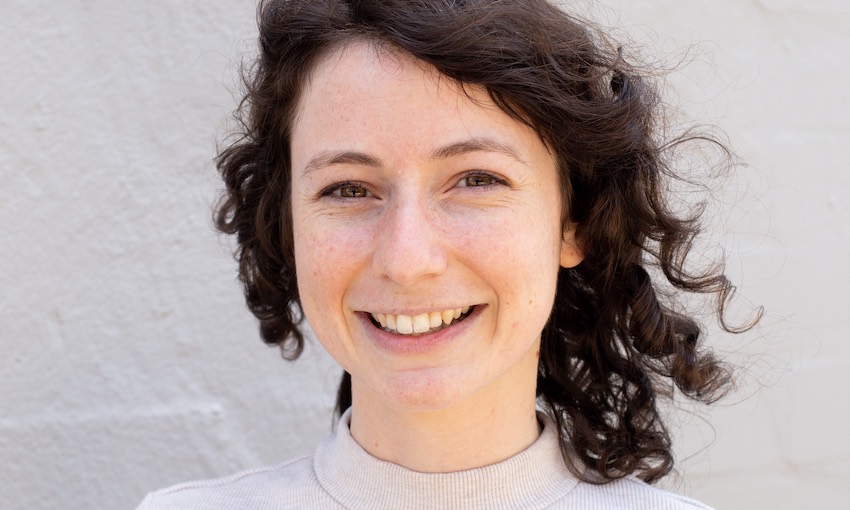Abby Williams is a maritime journalist at the DCN. She was interviewed as part of its coverage of the IMO’s International Day for Women in Maritime.
First of all, could you briefly tell us about yourself, your role and what it entails?
I’m a maritime journalist at the Daily Cargo News. You may have heard of it. Aside from cluttering your inboxes, my role involves keeping up with the maritime and logistics stories unfolding either side of the Australian coastline. It’s my job to help our national readership make sense of what’s happening in this exciting industry and how it fits into a global context. I write a lot. I edit and take photos and do interviews and get to meet some really remarkable people.
What brought you into the industry?
What I love about my job is being in the overlap of two industries: maritime and journalism. I came into the industry as a 20-year-old managing cargo movements for a humanitarian organisation based at sea. We didn’t ship containers or carry them; we’d receive them and load their contents into the hold. Being at sea exposed me to international shipping, terminal operations, trade routes, maritime boundaries, emissions, flag states, port strikes, cyclones, cyber threats and the dangers of piracy. I returned to Australia to study journalism. I loved writing news, but I missed the sea, and ended up with a wonderful publication that lets me enjoy both.
What are some of the barriers you have encountered in the industry?
I’m grateful to find myself at a loss for examples of barriers I’ve encountered personally, but I’ll flag what I consider a risk for the wider workforce. I love that diversity and gender equality is gaining momentum in Australia – this needs to happen and it is long overdue. But sometimes, I wonder if an emerging barrier is the illusion that there are none. Amid pressure to promote women and ensure equal opportunity in all areas of the industry, I hope companies are making changes for the right reasons and at levels so deep they aren’t recognised or awarded – I believe the changes with the most impact are often the ones that are unseen. I’d encourage leaders to ensure equality in all its forms is at the heart of the organisation, and not a façade that distracts from the barriers your female employees are still struggling with. The changes you make are for them. Recognition is just a bonus.
What has been the biggest positive change for women in the industry you’ve seen?
I’ve been encouraged by women around the world who are studying and training to work in maritime when it’s considered off limits in their country or community – the places where women don’t work in maritime, end of story. I think we’re seeing more of that because of the networks enabling women to inspire each other.
What needs to change to encourage more women in the workforce?
The simple answer is to start with students and young people, but I think it’s important to expose that generation to the diversity of roles available in the maritime industry. We should debunk the myth that only people with a certain kind of intelligence have a place in the industry. It excludes the ones who have different skills to contribute. I speak as a writer. We’re a maritime community, and that community wouldn’t be complete without diverse qualifications and interests.
What does the International Day for Women in Maritime mean to you?
I appreciate the global focus of the International Day for Women in Maritime. In Australia, it is a day to celebrate the achievements of women in maritime, and I love that we have so much to celebrate. But in other parts of the world – those places where women still truly believe they have no place in the maritime industry – I hope it is a comforting message to the women quietly working toward a career they’re not allowed to have. I hope all the positive messaging and encouragement and support flowing through our networks reaches them and reminds them, you have a right to this dream. You have a right to be here.

